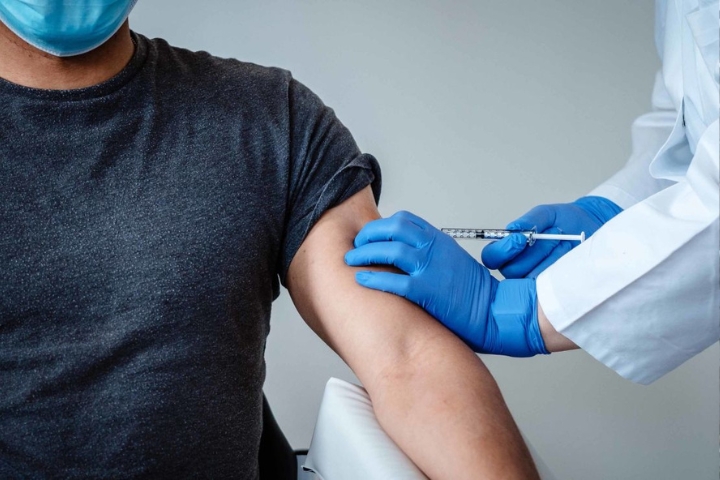A significant surge in whooping cough cases is currently gripping the United States, with infections reaching levels not seen since 2014. Preliminary data from the Centers for Disease Control and Prevention (CDC) indicate that reported cases have skyrocketed to over 14,500 this year, five times higher than the same period last year. Experts attribute this rise to a combination of waning vaccine efficacy and potential bacterial mutations, raising concerns about the effectiveness of current vaccination strategies. As health officials discuss the possibility of conducting human challenge trials to test new vaccines, the urgency for improved protection against this highly contagious disease has never been greater.
Surge in Whooping Cough Cases
Recent data from the CDC highlights a significant increase in whooping cough (pertussis) cases in the United States, with 14,569 reported this year compared to just 2,844 at the same time last year. This marks a surge to the highest levels seen since 2014, reflecting a troubling trend that began even before the COVID-19 pandemic. Experts attribute this rise in part to the waning effectiveness of current vaccines, which provide strong initial protection but diminish after two to three years.
The increase in cases is concerning, especially as infections are also being observed in vaccinated individuals. While vaccination rates remain high, with around 90% of children receiving the recommended doses, the data suggests that the vaccines may no longer be providing adequate long-term protection. As the bacteria that cause whooping cough evolve, they may be evading the immune response generated by the existing vaccines, leading to more outbreaks.
The Need for Improved Vaccines
Experts are now calling for the development of more effective pertussis vaccines that offer longer-lasting protection and fewer side effects. The current vaccines, which transitioned from a whole-cell to an acellular formulation in the 1990s, are believed to provide incomplete protection. This has allowed the bacteria to spread more easily among vaccinated populations, resulting in rising case numbers among older children and adolescents.
One promising avenue for research involves human challenge studies, where healthy volunteers are intentionally exposed to the bacteria to assess the effectiveness of new vaccines. While these studies could potentially accelerate vaccine development, they come with challenges, including the need to accurately measure how well a vaccine prevents severe disease and the unknown factors that confer immunity. Researchers are actively exploring various models to refine these studies and improve the likelihood of developing more effective vaccines against whooping cough.
Follow Wat-Not on Facebook, Twitter, and Instagram




GIPHY App Key not set. Please check settings